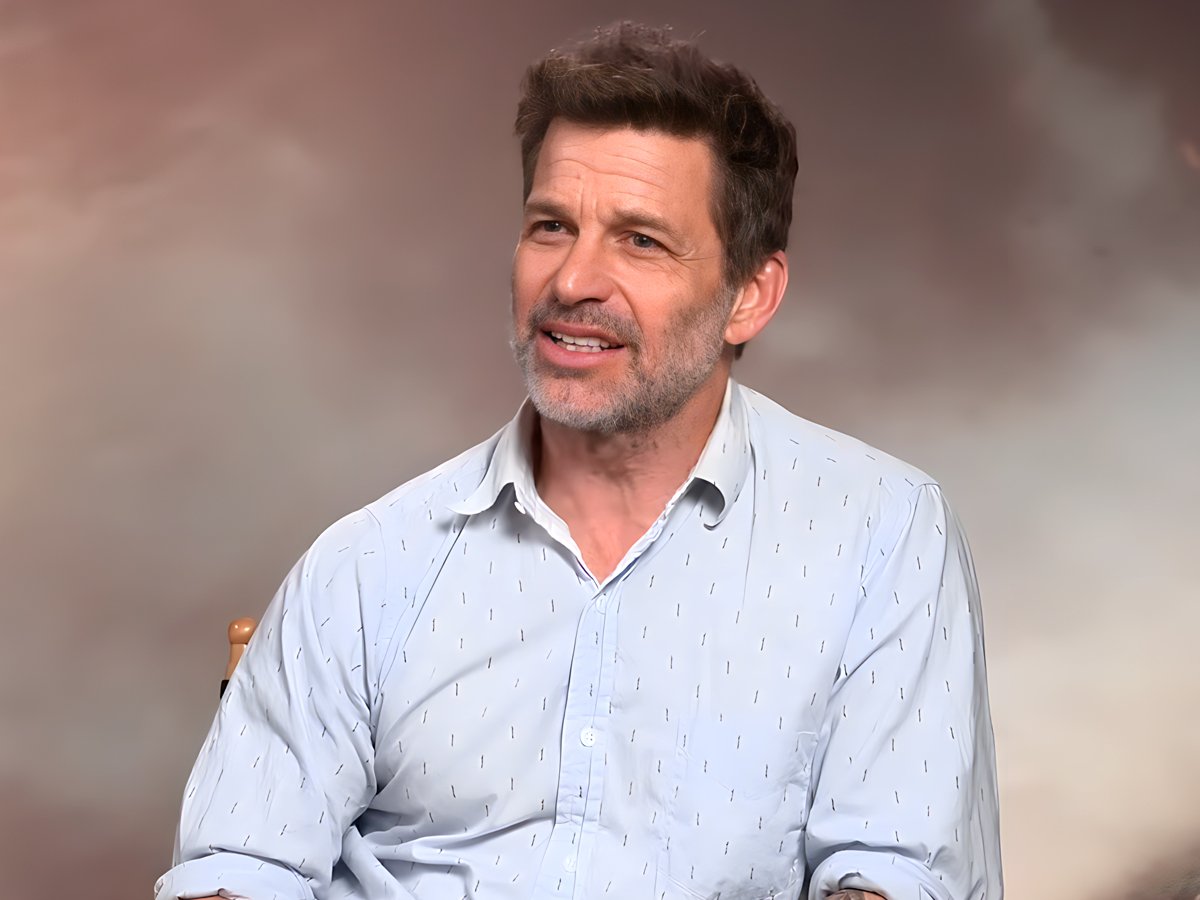
(Credits: Best of Netflix / YouTube Still)
Any filmmaker would love to be called a visionary, and while it’s a status many of them have deservedly achieved throughout cinema history, the people in charge of editing together movie trailers need to get take a long, hard look at themselves and perhaps brush up on the dictionary.
To quote The Princess Bride: “You keep using that word. I do not think it means what you think it means.” It must have been decided at one point in Hollywood’s corridors of power that the staple ‘from the director of’ simply didn’t cut it anymore, with ‘visionary director’ swooping in to steal its spot as the go-to way of hyping up any given megaphone-wielder whether they’ve earned at the distinction or not.
Of course, in many cases, it’s impossible to argue. After all, the marketing blitz for Furiosa has leaned heavily on ‘from mastermind George Miller’, which is fair enough when there’s nobody else capable of making a Mad Max movie other than the guy who built the franchise from the ground up.
Blade Runner 2049 was billed as being from ‘the visionary filmmaker behind Alien and The Martian‘ in certain TV spots. Again, Ridley Scott is worthy of that accolade, but he wasn’t the director. Guillermo del Toro fits the bill because his entire filmography has carried a distinct tone, style, and atmosphere, while other worthy candidates include Bong Joon-ho, Zhang Yimou, and James Cameron, all of whom have been described as such in promos tied to their recent works.
On the other side of the coin, the people footing the bill for Billy Lynn’s Halftime Walk presumably knew it was shit, so decided ‘from the visionary mind that brought you Life of Pi’ would suffice. Ang Lee can accurately be called a visionary, given his embrace of technological advancement and sumptuous eye for imagery, but that was the wrong movie to tout it.
James Wan is one of 21st-century horror’s leading lights and a billion-dollar blockbuster hitmaker twice over after helming Fast & Furious 7 and Aquaman, but has he directed anything so unique, distinctive, and outside of the box that it merits the tag? The same goes for Zack Snyder, who does have plenty of style, but he’s hardly been out there for the last 20 years, turning cinema upside down in the pursuit of greatness.
Wrath of Man found Jason Statham doing Jason Statham things by beating people to within an inch of their lives in a revenge thriller, but did it really need ‘visionary director’ Guy Ritchie tacked on there? The brains behind Swept Away, King Arthur: Legend of the Sword, and the live-action Aladdin remake? No, it did not. Even his old running buddy was indulgently praised, with Argylle hailing ‘from the twisted mind of Matthew Vaughn’. What’s twisted about it? The man’s been making nothing but adaptations and spy thrillers for almost two decades.
The problem is best illustrated at the opposite end of the spectrum, where ‘visionary’ is being bandied about to the point it’s lost all meaning. Remember 2011’s widely-panned sci-fi action thriller The Darkest Hour? No? What about the widely-panned sci-fi action thriller The Darkest Hour, ‘presented by the visionary director behind Wanted‘? Yep, Timur Bekmambetov produced and once oversaw James McAvoy curving bullets, so he apparently makes the cut.
Alex Proyas was named as ‘the visionary director of I, Robot‘ in the marketing for Gods of Egypt, which is nonsensical stuff. Jonathan Mostow steered the ship on a serviceable sci-fi sequel and an underrated Kurt Russell thriller, but for whatever reason, The Hunter’s Prayer thought it wasn’t ironic in the slightest to call him ‘the visionary director of Terminator 3 and Breakdown‘.
This sounds made up, and it most certainly isn’t, but how was first-time feature director Tim Smit credited when he made his debut on 2017’s Dan Stevens-fronted sci-fi Kill Switch? ‘From visionary director Tim Smit’, of course. Visionary director of what, exactly? The answer, obviously, was two music videos by symphonic metal stalwarts Within Temptation, one of which featured Xzibit on guest vocals.
In essence, there are no criteria whatsoever to be named as a ‘visionary director’, other than the fact the marketing folks think it’s worth a punt. Scott, Cameron, Miller, and Yimou operate on an entirely different stratosphere to Proyas, Mostow, and Smit, but for some reason they’ve all been tarred with the same brush.
In the name of all that is holy, industry figures, it’s gotten out of hand. Either make it stop, ditch it entirely, or save the branding for the people who live up to the billing.









